Global Warming
News, opinions and analysis related to climate change.
178 articles in this category
-
2015 will likely be the hottest year on record, according to a preliminary analysis released by the World Meteorological Organization. Worldwide temperatures are expected for the first time to reach more than 1℃ above pre-industrial temperatures. The five years from 2011-2015 will also likely be the hottest five-year period on record. Average global atmospheric CO₂ concentrations over three months also hit 400 parts per million for the first time during the southe
-
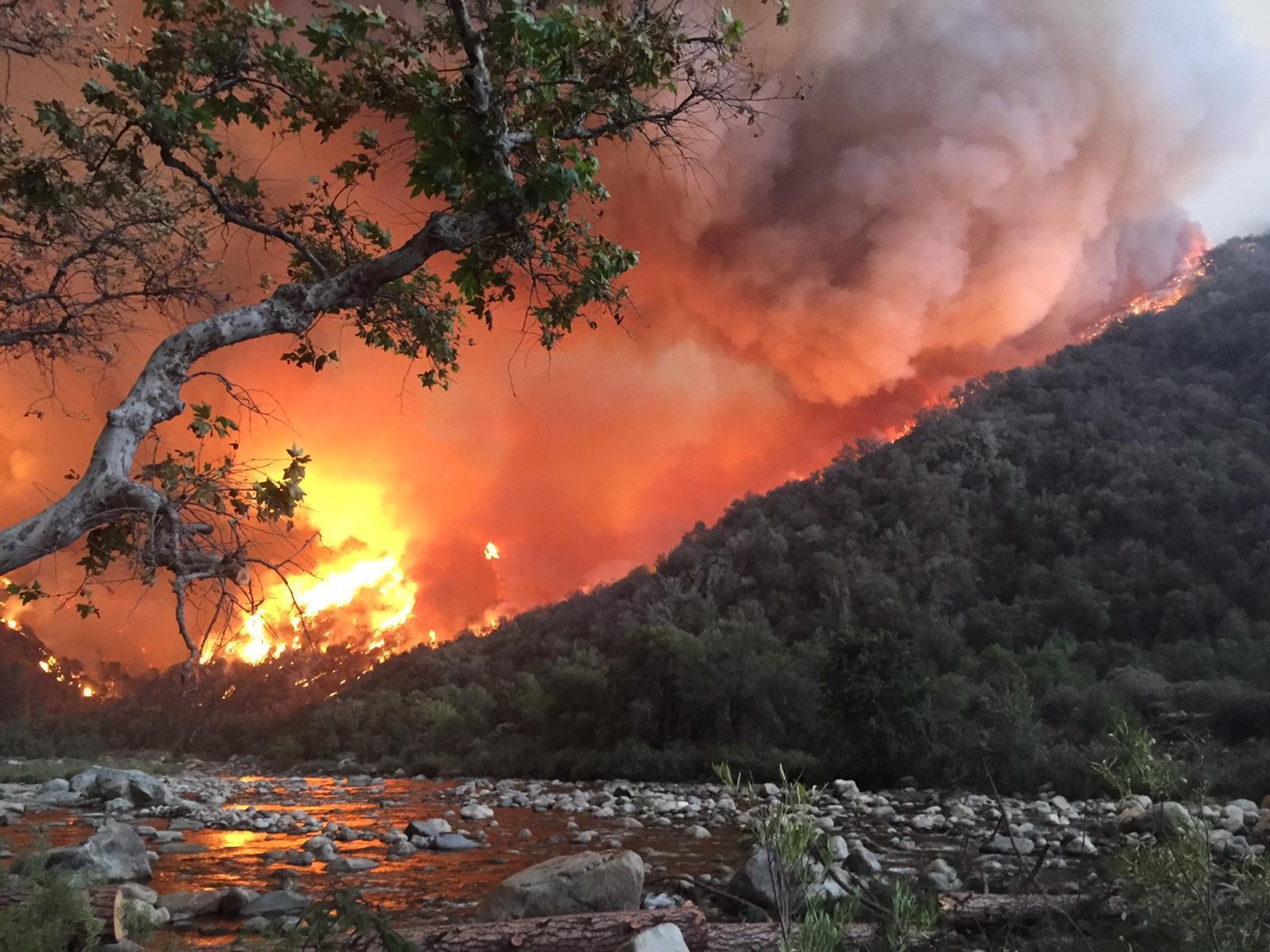 As the country continues to endure the effects of climate change, wildfires are hardly a new phenomenon on the West Coast. For drought-ridden California, however, the blazes have now caused massive destruction and at least one death. And with 700,000 acres burned so far this year, there's no end in sight for the inferno. For firefighters and victims, the numbers behind the blazes represent an uphill battle. The largest of the disasters are the Valley fire and the Butte fire, which have burned 67
As the country continues to endure the effects of climate change, wildfires are hardly a new phenomenon on the West Coast. For drought-ridden California, however, the blazes have now caused massive destruction and at least one death. And with 700,000 acres burned so far this year, there's no end in sight for the inferno. For firefighters and victims, the numbers behind the blazes represent an uphill battle. The largest of the disasters are the Valley fire and the Butte fire, which have burned 67 -
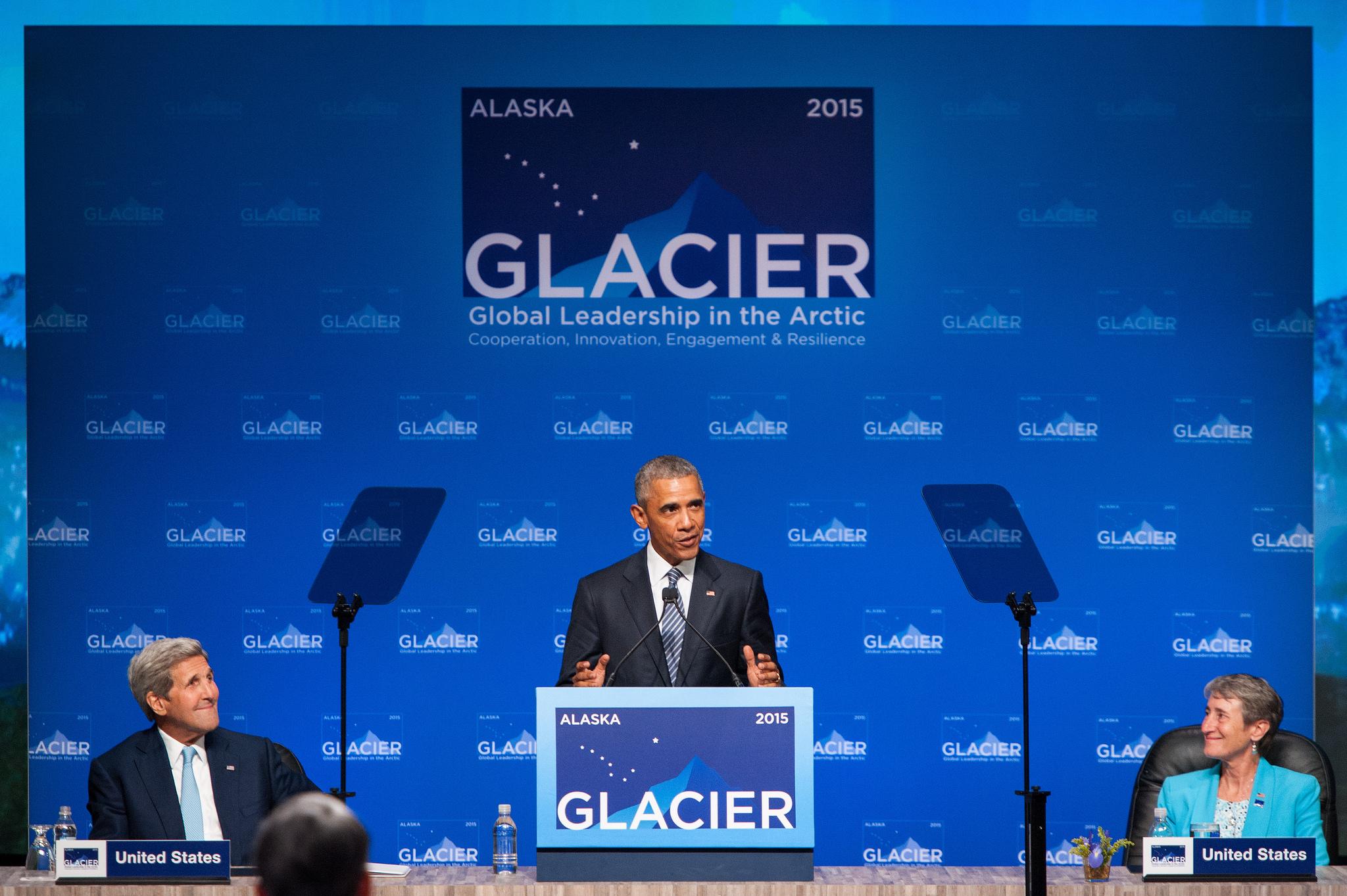 As President Obama visits Arctic Alaska, the first president to do so, he is speaking about the many impacts that climate change is already causing there, from rising seas to melting permafrost collapsing homes. Because the arctic is heating faster than the rest of the planet, climate change is a bigger issue for Alaska, for residents of towns close to the water, for tribes dependent on traditional fishing for their livelihood, for rapidly melting glaciers. As part of his trip, Obama gave an ope
As President Obama visits Arctic Alaska, the first president to do so, he is speaking about the many impacts that climate change is already causing there, from rising seas to melting permafrost collapsing homes. Because the arctic is heating faster than the rest of the planet, climate change is a bigger issue for Alaska, for residents of towns close to the water, for tribes dependent on traditional fishing for their livelihood, for rapidly melting glaciers. As part of his trip, Obama gave an ope -
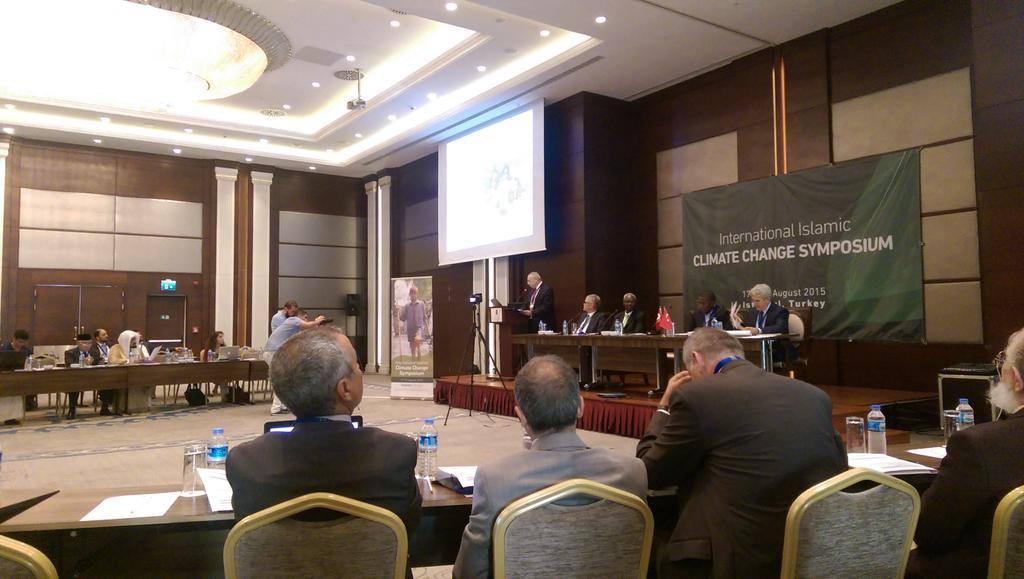 Islamic leaders from 20 countries yesterday called for rapid transition from a world economic order based on fossil fuel to one powered by renewable energy. Wael Hmaidan, international director of Climate Action Network (CAN), described the declaration adopted by 60 prominent Islamic scholars and religious leaders at the two-day International Islamic Climate Change Symposium as a potential "game changer." "It challenges all world leaders, and especially oil producing nations," Hmaidan said, "to
Islamic leaders from 20 countries yesterday called for rapid transition from a world economic order based on fossil fuel to one powered by renewable energy. Wael Hmaidan, international director of Climate Action Network (CAN), described the declaration adopted by 60 prominent Islamic scholars and religious leaders at the two-day International Islamic Climate Change Symposium as a potential "game changer." "It challenges all world leaders, and especially oil producing nations," Hmaidan said, "to -
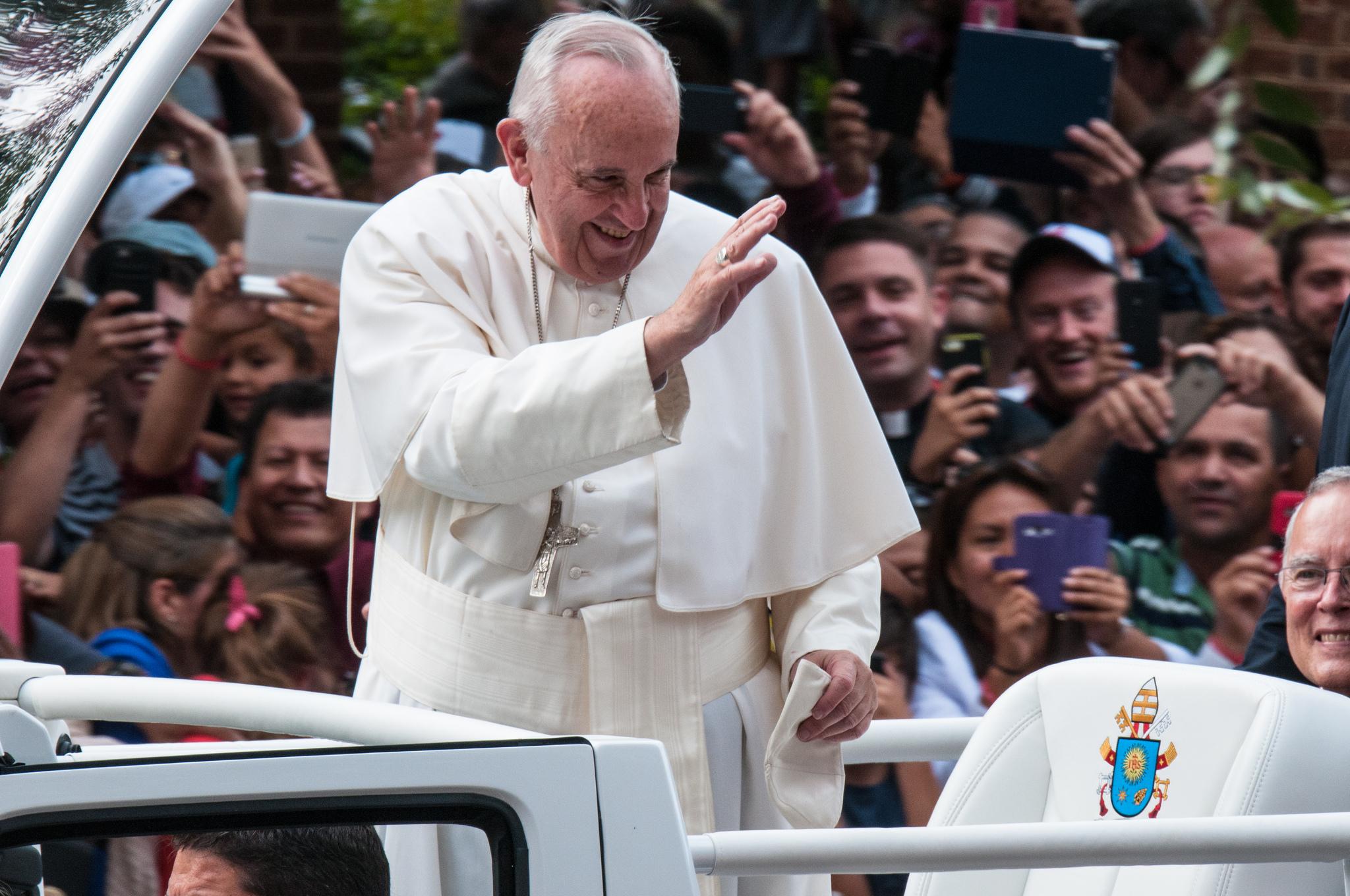 For climate change activists who were looking to shore up the three-legged stool of support for arguments supporting the science of climate change and hoping to shape policies to mitigate climate change impacts, it was an extremely pleasant surprise that a fourth leg was added to the climate change education and advocacy stool. Thank you Pope Francis! Those three legs included the science community, grassroots and environmental organizational support and advocacy, and the political community and
For climate change activists who were looking to shore up the three-legged stool of support for arguments supporting the science of climate change and hoping to shape policies to mitigate climate change impacts, it was an extremely pleasant surprise that a fourth leg was added to the climate change education and advocacy stool. Thank you Pope Francis! Those three legs included the science community, grassroots and environmental organizational support and advocacy, and the political community and -
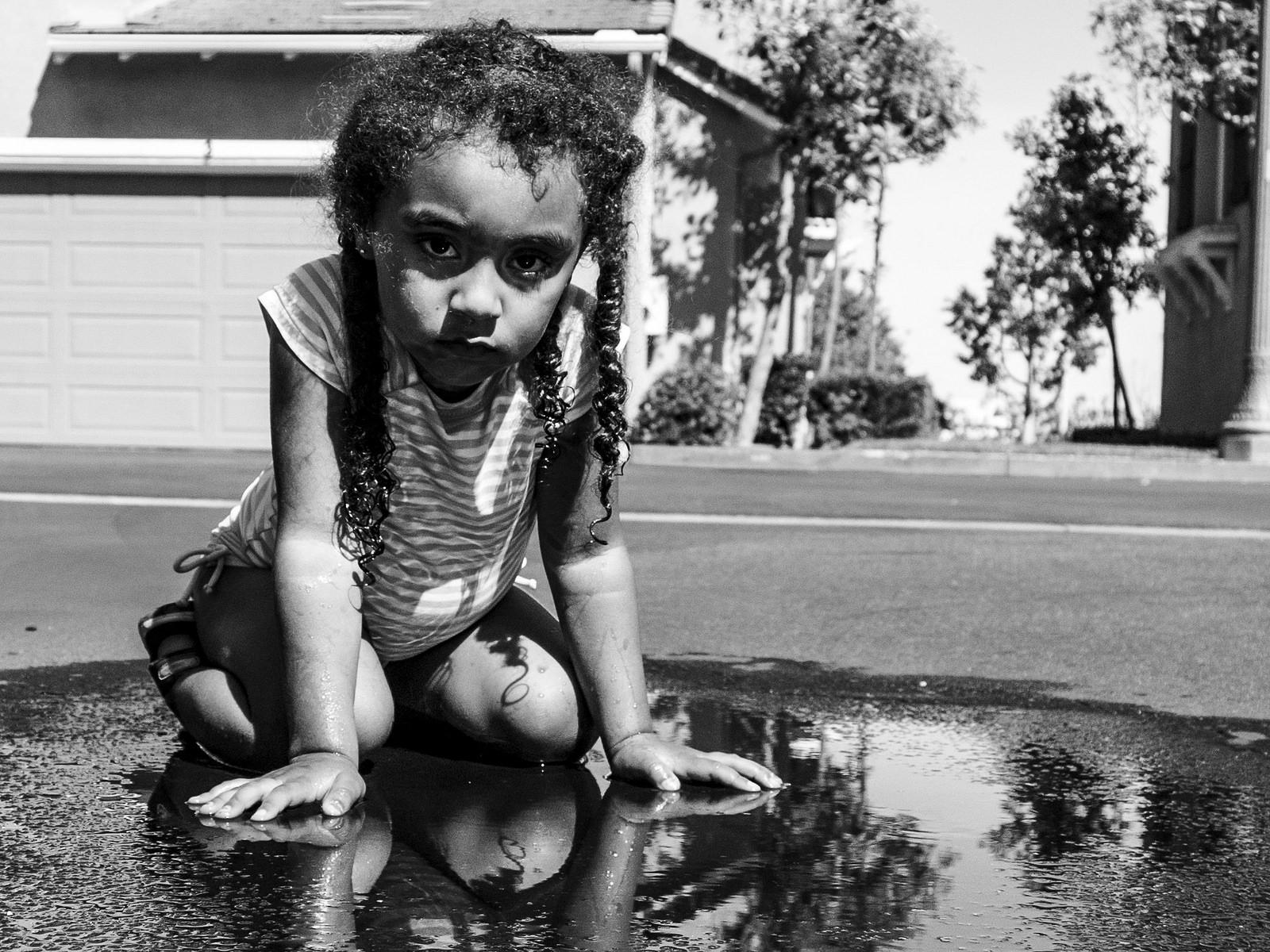 As drought-stricken California struggles to meet the mandatory water use restrictions Gov. Jerry Brown announced earlier this month, the governor is urging a sharp increase in fines for the worst violators, and moving to help local water agencies conduct environmental reviews more quickly. On Apr. 28, Brown called for legislation to sharply increase fines up to a maximum $10,000 for the worst violations of the conservation orders. The current maximum fine is $500 per day. Also under Brown's prop
As drought-stricken California struggles to meet the mandatory water use restrictions Gov. Jerry Brown announced earlier this month, the governor is urging a sharp increase in fines for the worst violators, and moving to help local water agencies conduct environmental reviews more quickly. On Apr. 28, Brown called for legislation to sharply increase fines up to a maximum $10,000 for the worst violations of the conservation orders. The current maximum fine is $500 per day. Also under Brown's prop -
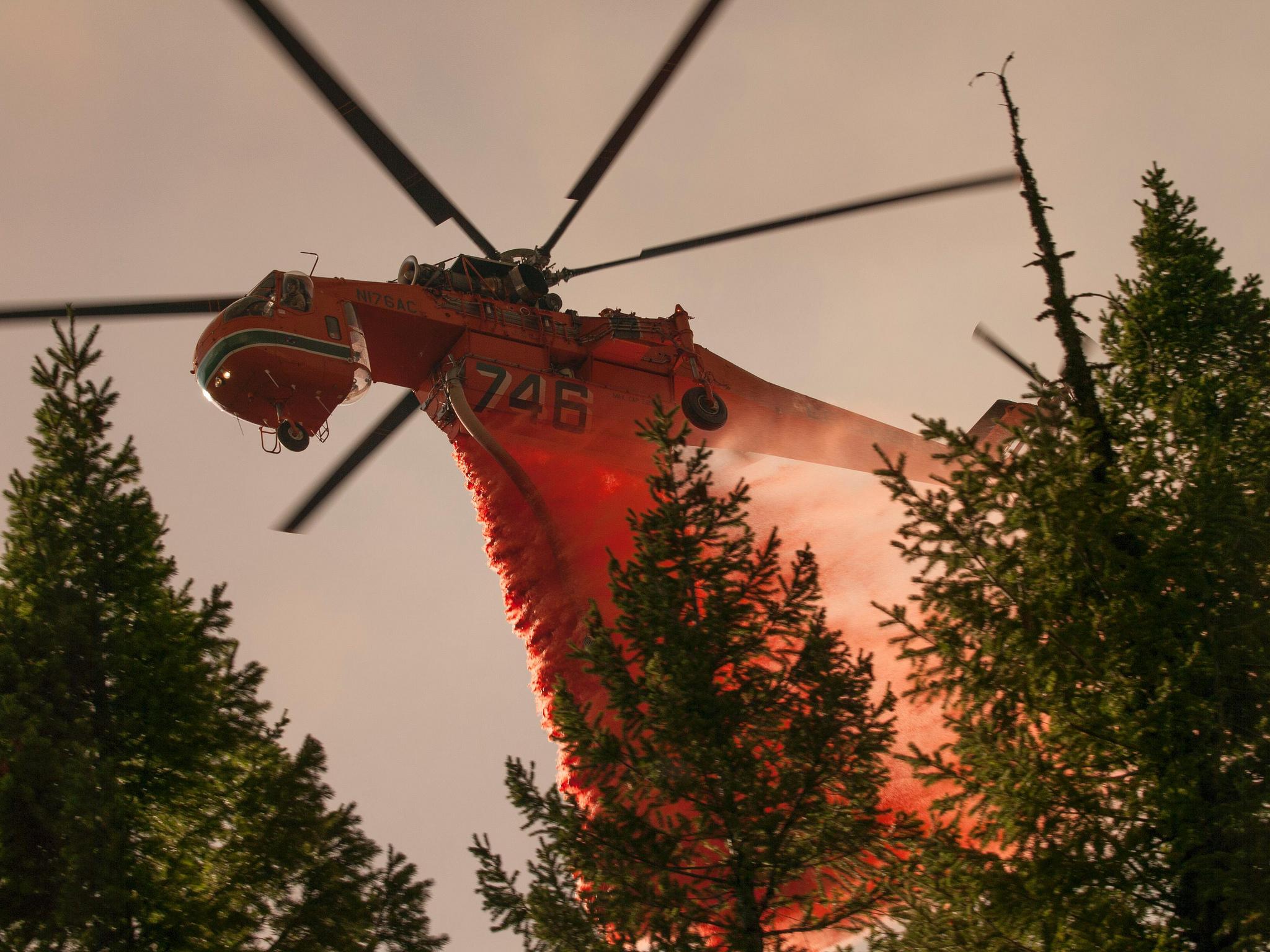 As California continues to endure historic drought conditions, this and strong Santa Ana winds are two factors contributing to vicious and more frequent wildfires. Dry conditions are expected to continue this week, and in the southern part of the state, the National Weather Service has predicted conditions that will cause fires to quickly grow out of control. One such brushfire occurred on Apr. 18, forcing mandatory evacuations near LA and having scorched 1,020 acres by Apr. 20, when it was 55 p
As California continues to endure historic drought conditions, this and strong Santa Ana winds are two factors contributing to vicious and more frequent wildfires. Dry conditions are expected to continue this week, and in the southern part of the state, the National Weather Service has predicted conditions that will cause fires to quickly grow out of control. One such brushfire occurred on Apr. 18, forcing mandatory evacuations near LA and having scorched 1,020 acres by Apr. 20, when it was 55 p -
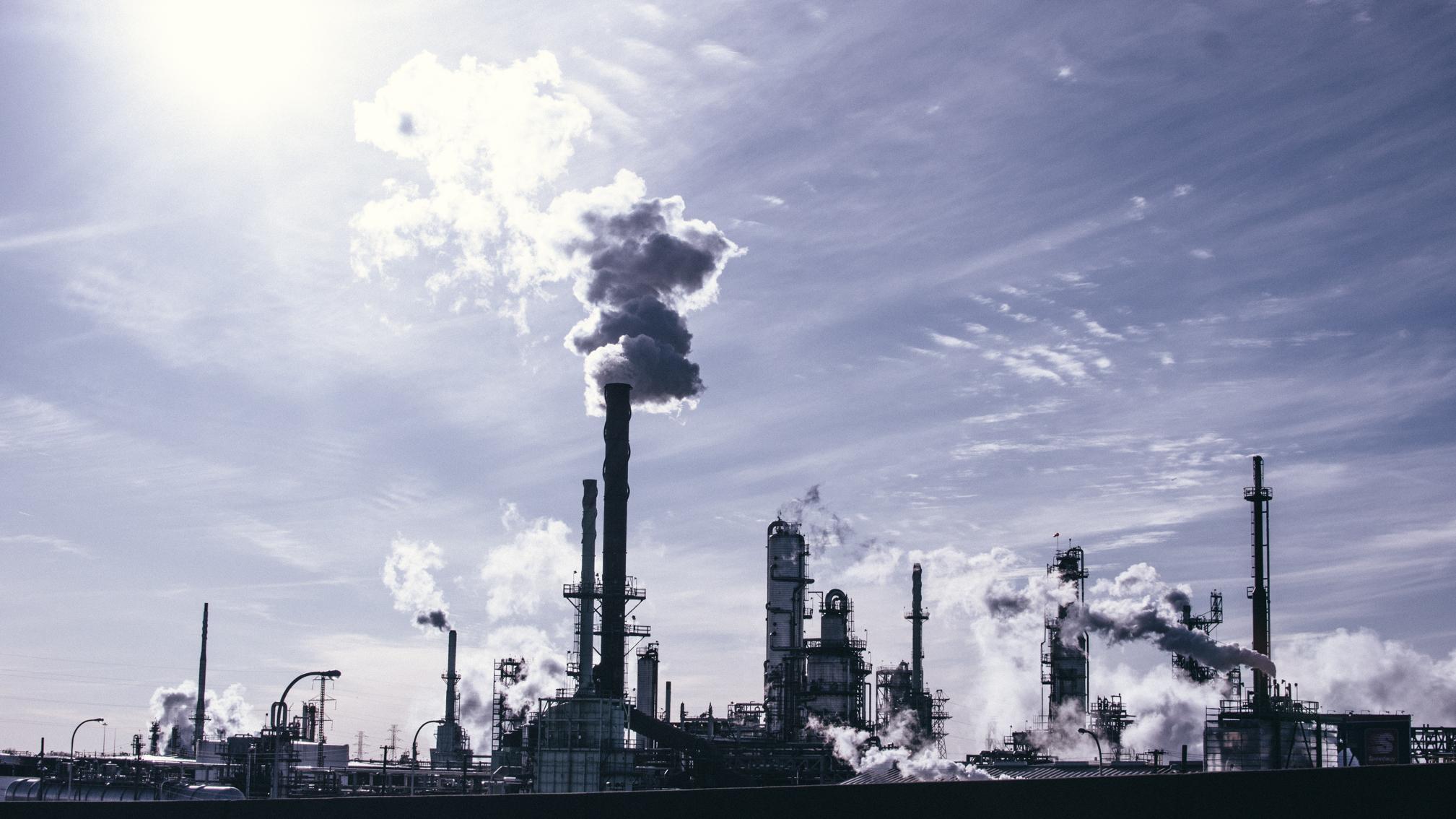 New data from the International Energy Agency (IEA) shows that global CO2 emissions stalled at about 32 billion tonnes in 2014, the same number as in 2013. And even better, this happened while the global economy actually grew. It therefore marks the first time in 40 years that such a halt or reduction in emissions wasn’t tied to an economic downturn. This could suggest that climate change mitigating efforts could be having a more noticeable effect than previously thought. “This is both a very we
New data from the International Energy Agency (IEA) shows that global CO2 emissions stalled at about 32 billion tonnes in 2014, the same number as in 2013. And even better, this happened while the global economy actually grew. It therefore marks the first time in 40 years that such a halt or reduction in emissions wasn’t tied to an economic downturn. This could suggest that climate change mitigating efforts could be having a more noticeable effect than previously thought. “This is both a very we -
 A study, published earlier this month in the Proceedings of the National Academy of Sciences, has linked a severe drought that helped fuel the Syrian conflict to climate change. The drought was one of the worst in the country’s modern history and lasted from 2007 to 2010. The Syrian conflict has been ongoing since early 2011 when the regime violently attacked peaceful anti-government protesters. With no end in sight, the Syrian war has left more than 200,000 people dead and about 11 million peop
A study, published earlier this month in the Proceedings of the National Academy of Sciences, has linked a severe drought that helped fuel the Syrian conflict to climate change. The drought was one of the worst in the country’s modern history and lasted from 2007 to 2010. The Syrian conflict has been ongoing since early 2011 when the regime violently attacked peaceful anti-government protesters. With no end in sight, the Syrian war has left more than 200,000 people dead and about 11 million peop -
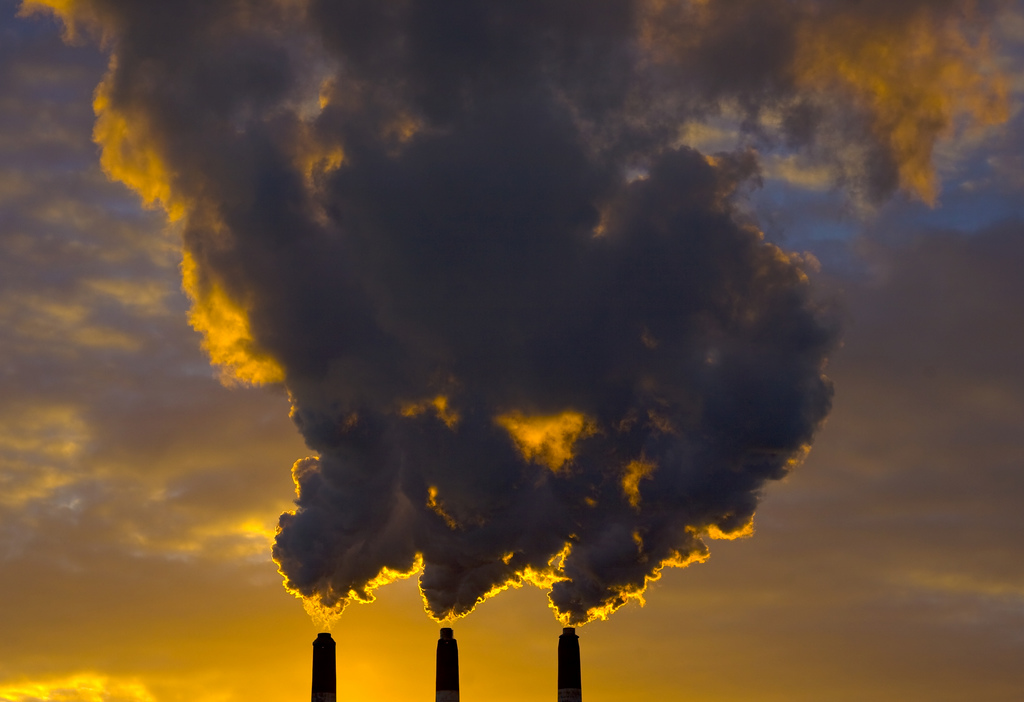 The first UN negotiating session preparing for a climate deal this fall just wrapped up in Geneva. The draft is the next step in a long process of negotiation and bargaining on the way to a treaty to finally replace the expired Kyoto Accords. The negotiations were given a boost last fall by A U.S.-China deal on limiting carbon pollution. This set the stage for more serious negotiations involving all parties, with many issues still outstanding. For the first time, the treaty is expected to
The first UN negotiating session preparing for a climate deal this fall just wrapped up in Geneva. The draft is the next step in a long process of negotiation and bargaining on the way to a treaty to finally replace the expired Kyoto Accords. The negotiations were given a boost last fall by A U.S.-China deal on limiting carbon pollution. This set the stage for more serious negotiations involving all parties, with many issues still outstanding. For the first time, the treaty is expected to -
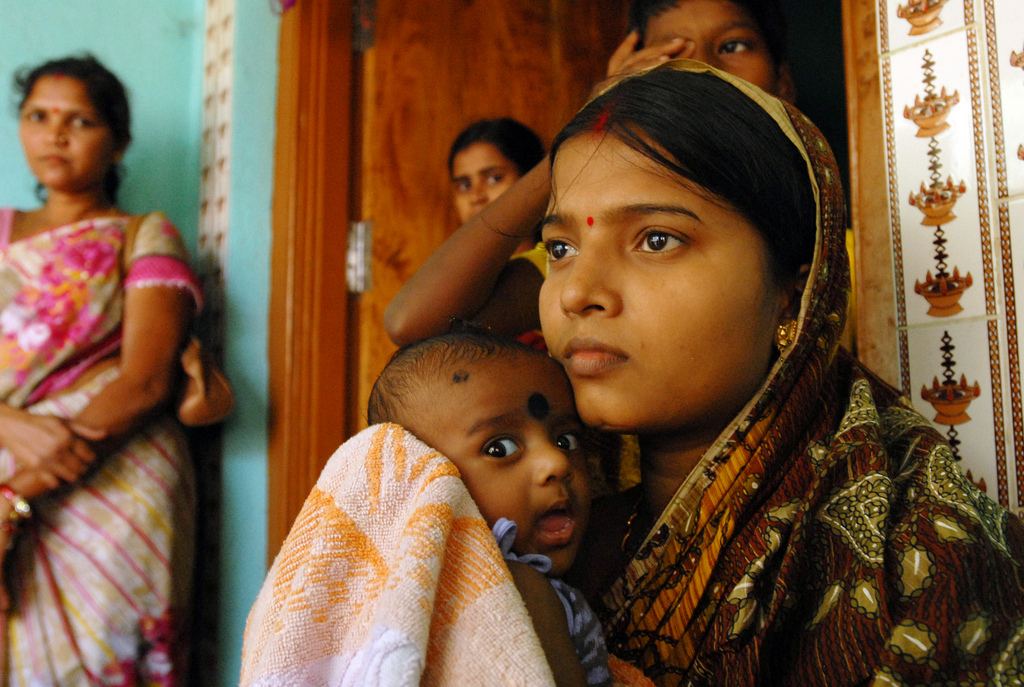 CARE International, one of the world’s largest and oldest humanitarian aid organizations, has condemned programs that promote birth control as a means to reduce climate change. CARE, which strongly supports “rights to sexual and reproductive choices and health for women and girls worldwide,” warns that efforts to link family planning to environmental objectives are undermining those very rights: “These challenges have become entangled in conversations on climate change in ways that confla
CARE International, one of the world’s largest and oldest humanitarian aid organizations, has condemned programs that promote birth control as a means to reduce climate change. CARE, which strongly supports “rights to sexual and reproductive choices and health for women and girls worldwide,” warns that efforts to link family planning to environmental objectives are undermining those very rights: “These challenges have become entangled in conversations on climate change in ways that confla -
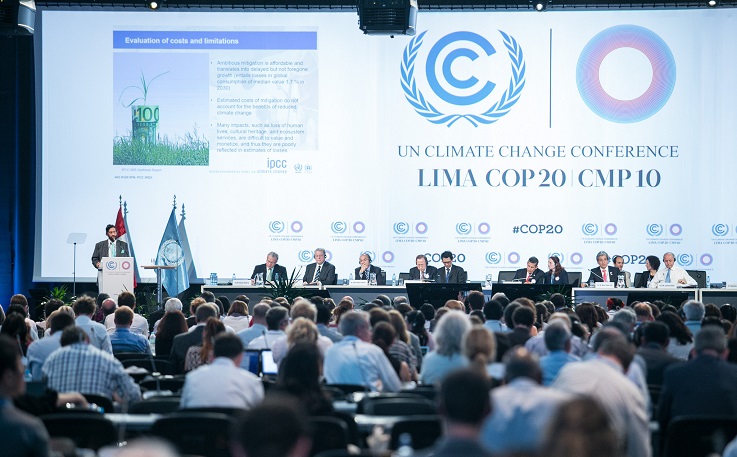 A new global agreement on climate change has been reached this past weekend at the United Nations Climate Change Conference in Lima, Peru. The agreement, dubbed the Lima deal, is the first important step towards a climate change deal in Paris next year. But critics say the Lima deal is a weakened agreement that will do nothing to stop catastrophic climate change. The conference (COP20) is the 20th yearly conference on global warming and was hosted by one of the countries worst affected by cli
A new global agreement on climate change has been reached this past weekend at the United Nations Climate Change Conference in Lima, Peru. The agreement, dubbed the Lima deal, is the first important step towards a climate change deal in Paris next year. But critics say the Lima deal is a weakened agreement that will do nothing to stop catastrophic climate change. The conference (COP20) is the 20th yearly conference on global warming and was hosted by one of the countries worst affected by cli -
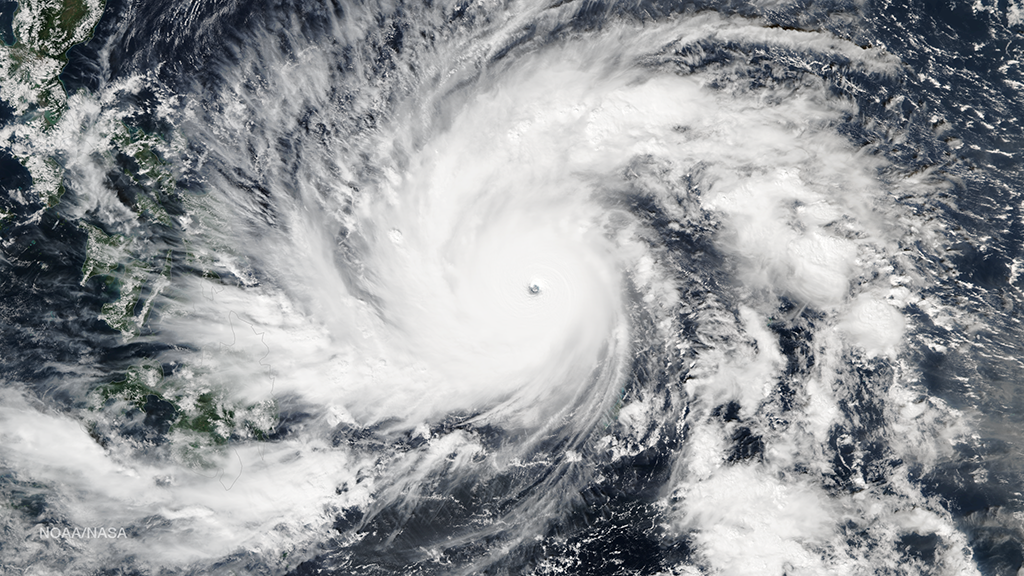 It’s becoming increasingly common for extreme weather events to occur during the annual COP negotiations for global deal to combat climate change. They largely take place in developing countries who have done little to contribute to the climate change challenge; an unfortunate and noted dichotomy. Last year, as COP began in Poland, the tragic and devastating super typhoon Haiyan wrecked havoc in the Philippines. In what became one of the highlights of a dull and ineffectual round of climat
It’s becoming increasingly common for extreme weather events to occur during the annual COP negotiations for global deal to combat climate change. They largely take place in developing countries who have done little to contribute to the climate change challenge; an unfortunate and noted dichotomy. Last year, as COP began in Poland, the tragic and devastating super typhoon Haiyan wrecked havoc in the Philippines. In what became one of the highlights of a dull and ineffectual round of climat -
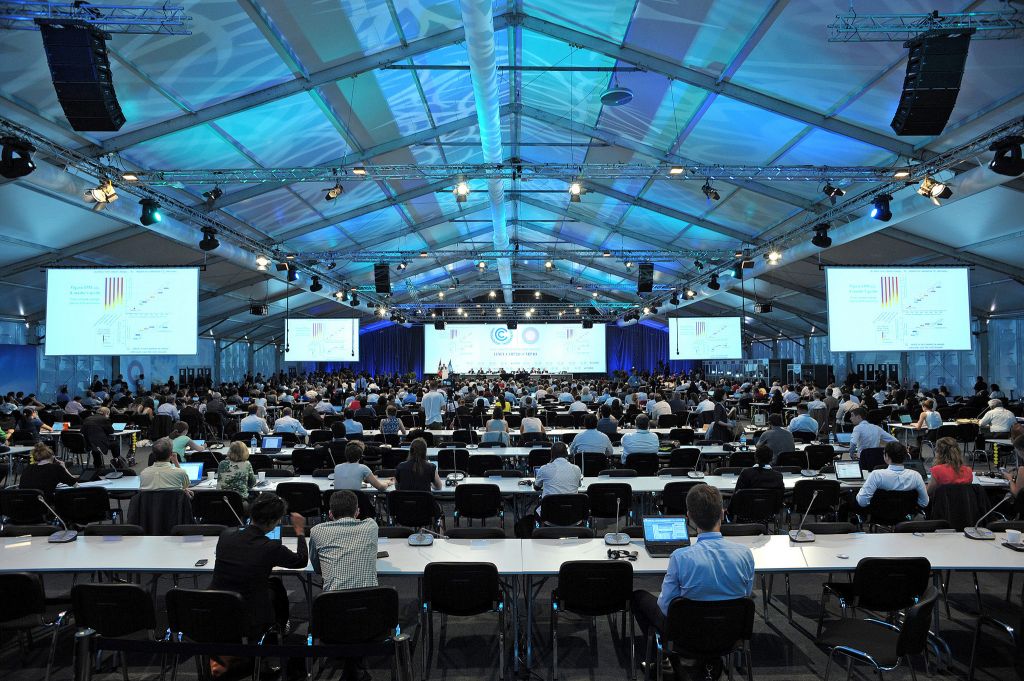 The latest in a long series of UN-sponsored talks is convening in Lima, Peru, for two weeks of negotiations. The goal is to lay the basis for a climate treaty deal in Paris in November 2015. The last international agreement, the Kyoto Accords, expired in 2012; all subsequent efforts to replace it have failed thus far. The recent bilateral agreement between the Obama administration and the Chinese government set targets for limiting and then reducing greenhouse gas emissions. For the first tim
The latest in a long series of UN-sponsored talks is convening in Lima, Peru, for two weeks of negotiations. The goal is to lay the basis for a climate treaty deal in Paris in November 2015. The last international agreement, the Kyoto Accords, expired in 2012; all subsequent efforts to replace it have failed thus far. The recent bilateral agreement between the Obama administration and the Chinese government set targets for limiting and then reducing greenhouse gas emissions. For the first tim -
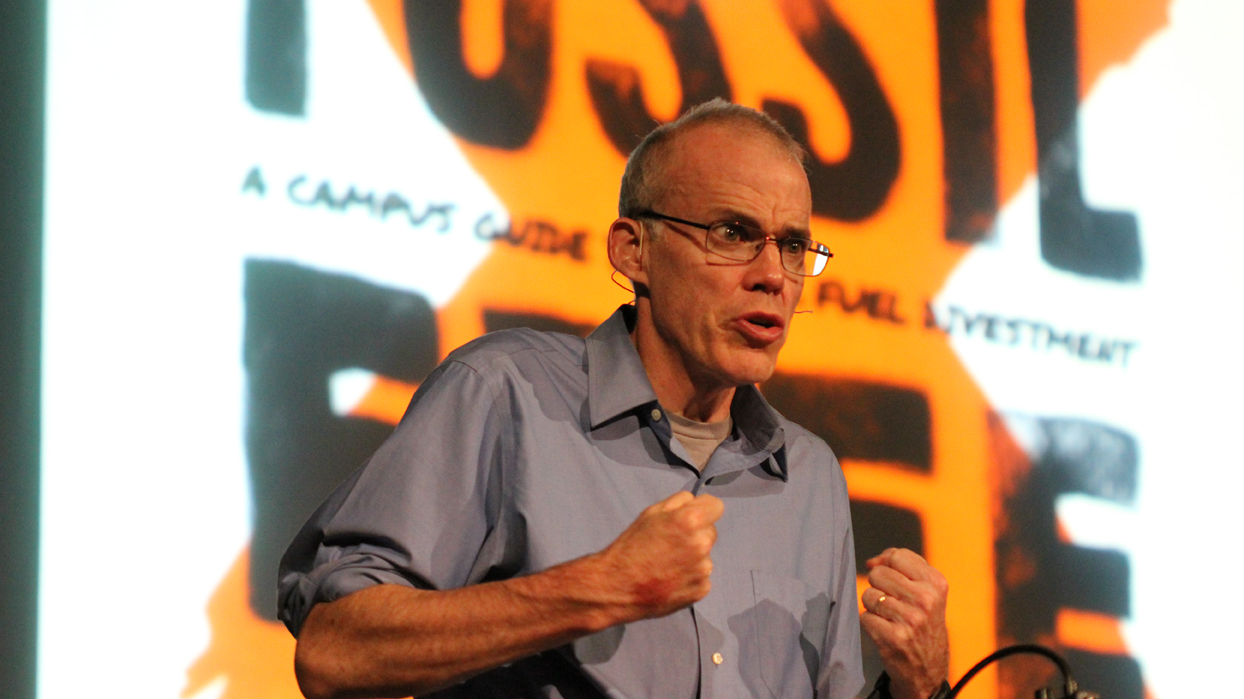 Bill McKibben, Co-founder of 350.org and – dare I say it – one of the most famous climate activist, has given his opinion about the latest IPCC assessment report on climate change. In the text, which was published in The Guardian, McKibben says that scientists have given us the clearest warning of the dangers of global warming yet. “At this point, the scientists who run the Intergovernmental Panel on Climate Change must feel like it’s time to trade their satellites, their carefully calibrated
Bill McKibben, Co-founder of 350.org and – dare I say it – one of the most famous climate activist, has given his opinion about the latest IPCC assessment report on climate change. In the text, which was published in The Guardian, McKibben says that scientists have given us the clearest warning of the dangers of global warming yet. “At this point, the scientists who run the Intergovernmental Panel on Climate Change must feel like it’s time to trade their satellites, their carefully calibrated -
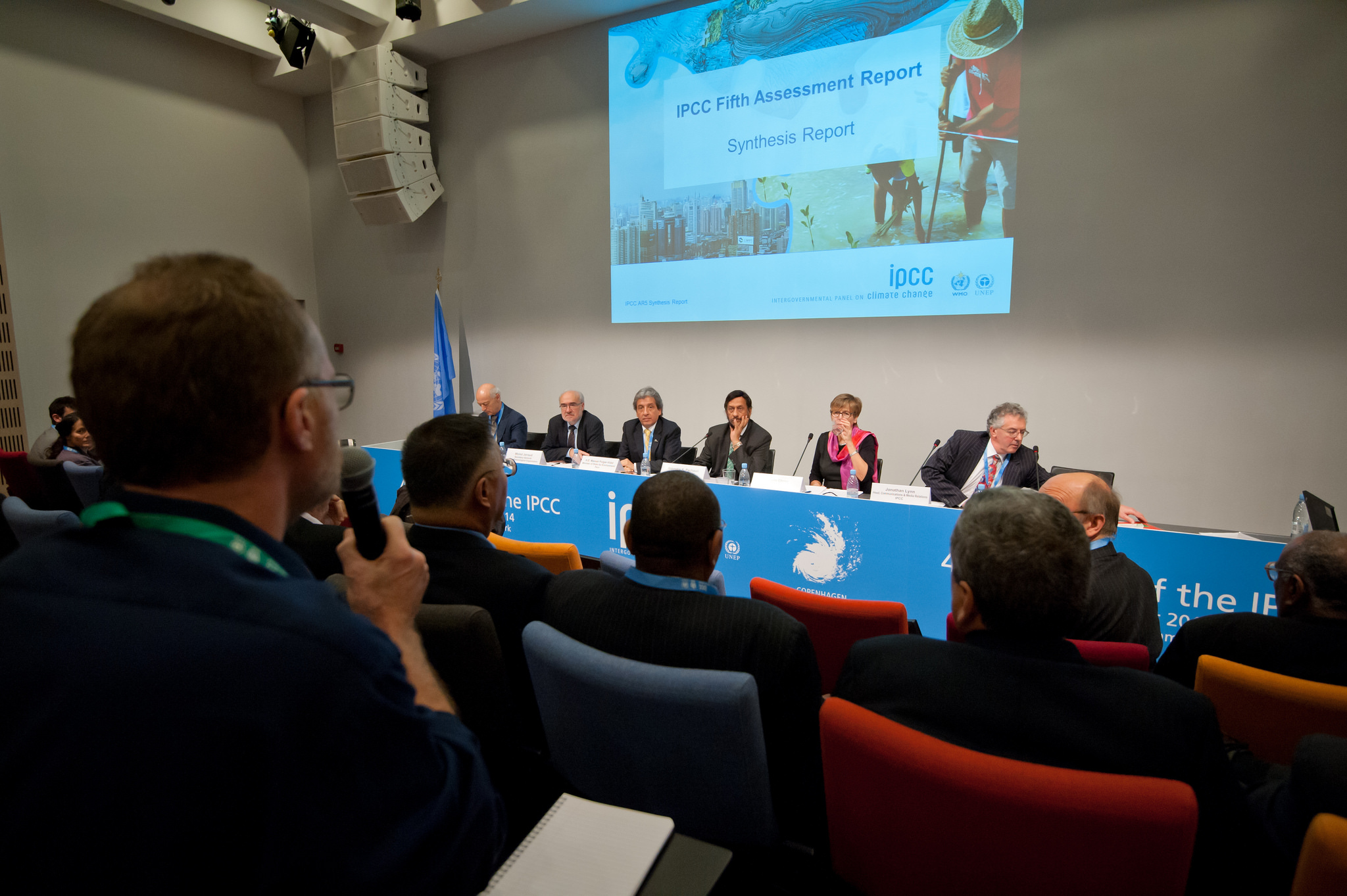 The Intergovernmental Panel on Climate Change (IPCC) released two major reports on November 2 – a 116-page Synthesis Report (pdf), summarizing the key findings in the three working group reports issued earlier in the year, and a 40-page Summary for Policy Makers (pdf), which summarizes the Synthesis report. This is the strongest and most unequivocal statement of scientific certainty we’ve seen from the IPCC since the first assessment report in 1990, but even so, bear in mind that the IPCC ope
The Intergovernmental Panel on Climate Change (IPCC) released two major reports on November 2 – a 116-page Synthesis Report (pdf), summarizing the key findings in the three working group reports issued earlier in the year, and a 40-page Summary for Policy Makers (pdf), which summarizes the Synthesis report. This is the strongest and most unequivocal statement of scientific certainty we’ve seen from the IPCC since the first assessment report in 1990, but even so, bear in mind that the IPCC ope -
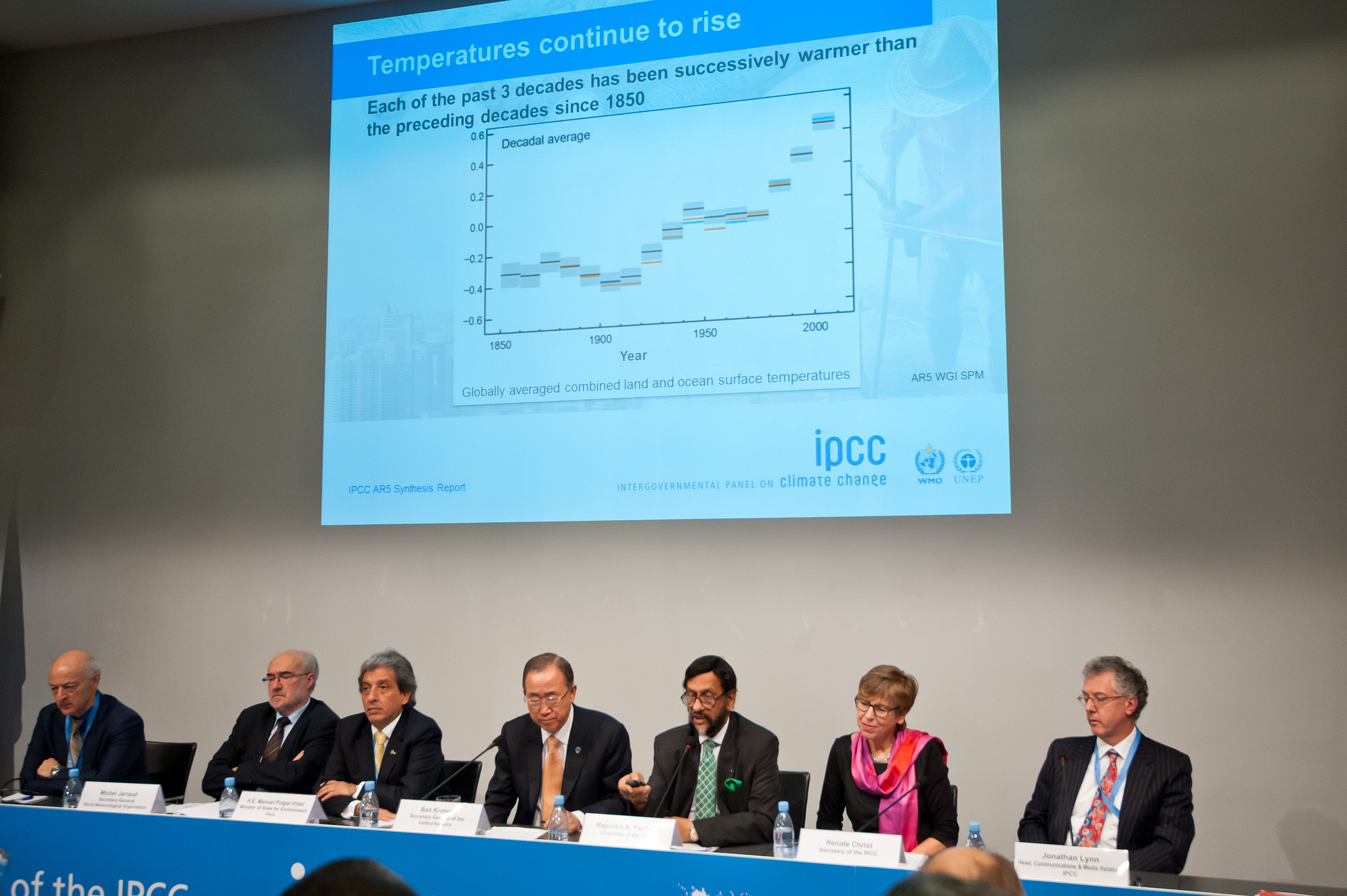 On November 2, the Intergovernmental Panel on Climate Change (IPCC) released two major reports on climate change, a 116-page Synthesis Report and a 40-page summary for policy makers. These reports represents the most comprehensive assessment on climate change to date and summarizes the work conducted by more than 800 scientists and three major climate reports – respectively laying out the causes, impacts and solutions to global warming – issued earlier in the year. In this assessment report,
On November 2, the Intergovernmental Panel on Climate Change (IPCC) released two major reports on climate change, a 116-page Synthesis Report and a 40-page summary for policy makers. These reports represents the most comprehensive assessment on climate change to date and summarizes the work conducted by more than 800 scientists and three major climate reports – respectively laying out the causes, impacts and solutions to global warming – issued earlier in the year. In this assessment report, -
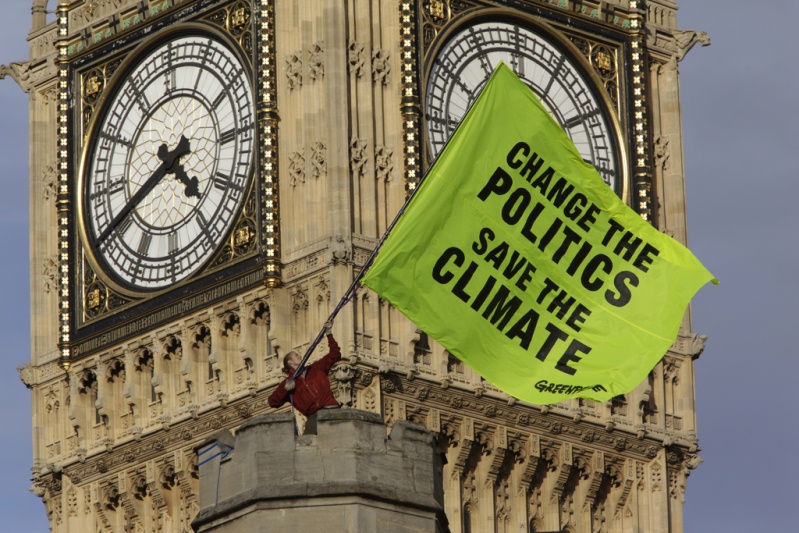 The warning, issued in a new report by the EU Commission’s Joint Research Center, provides the most compelling evidence for climate action in the European Union. The study (pdf) offers a comprehensive view of the impacts of unrestrained climate change on agriculture, rivers, coasts, tourism, energy, forests, transport infrastructure and human health in Europe. The authors of the study say their estimates are conservative – as in, they underestimate the negative effects from climate change. Th
The warning, issued in a new report by the EU Commission’s Joint Research Center, provides the most compelling evidence for climate action in the European Union. The study (pdf) offers a comprehensive view of the impacts of unrestrained climate change on agriculture, rivers, coasts, tourism, energy, forests, transport infrastructure and human health in Europe. The authors of the study say their estimates are conservative – as in, they underestimate the negative effects from climate change. Th -
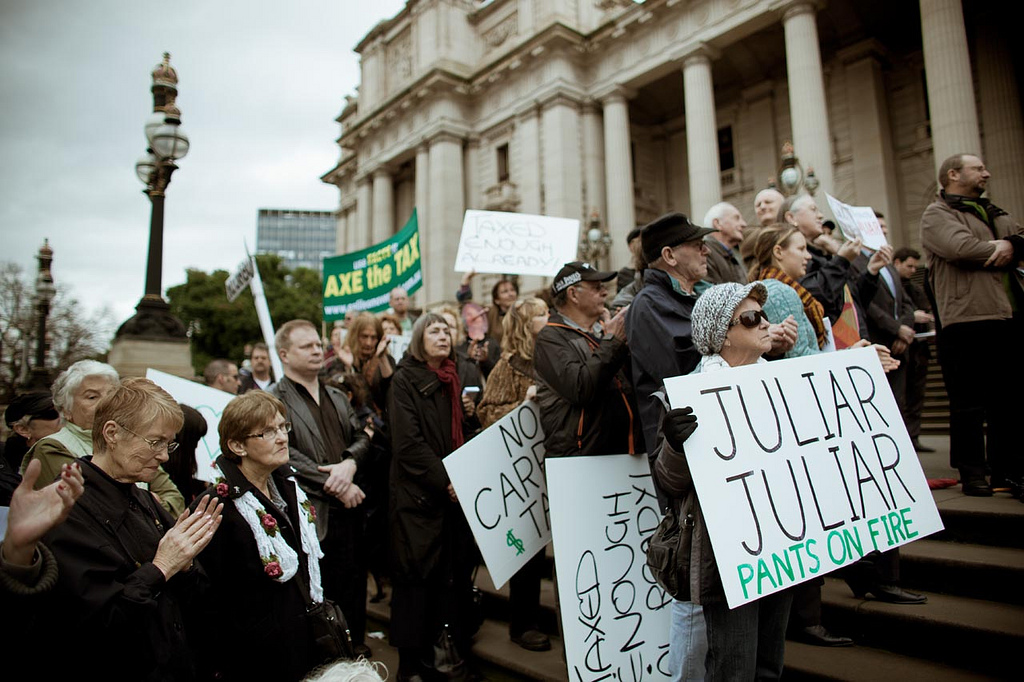 New research shows that our existing economic models “grossly underestimate” the costs of climate change. As a result, current carbon prices are 10 to 20 times lower than they need to be to stop catastrophic climate change. The shocking (but somewhat not surprising) findings are presented in a new study by leading climate economist Nicholas Stern and co-author Simon Dietz, from the UK’s Grantham Research Institute. According to their research we need a globally coordinated carbon price of $32
New research shows that our existing economic models “grossly underestimate” the costs of climate change. As a result, current carbon prices are 10 to 20 times lower than they need to be to stop catastrophic climate change. The shocking (but somewhat not surprising) findings are presented in a new study by leading climate economist Nicholas Stern and co-author Simon Dietz, from the UK’s Grantham Research Institute. According to their research we need a globally coordinated carbon price of $32 -
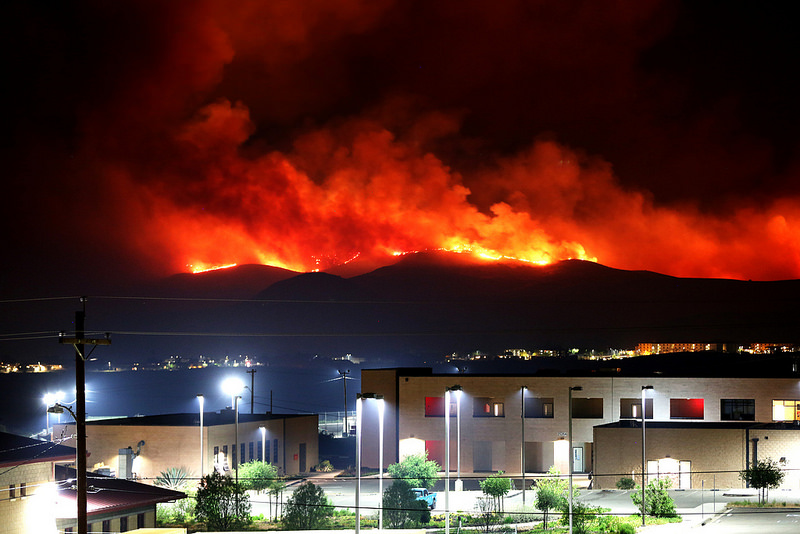 The Golden State is being blackened by the most menacing brushfires in nearly two decades. As climate change continues to rear its ugly head, thousands of places including homes, a university campus, a nuclear plant, and parts of military bases have been evacuated in southern California. Nine fires have already burned more than 10,000 acres, and unfortunately, the blazes have merely gotten off to an early start. Experts believe the fires will worsen and spread more quickly as summer approache
The Golden State is being blackened by the most menacing brushfires in nearly two decades. As climate change continues to rear its ugly head, thousands of places including homes, a university campus, a nuclear plant, and parts of military bases have been evacuated in southern California. Nine fires have already burned more than 10,000 acres, and unfortunately, the blazes have merely gotten off to an early start. Experts believe the fires will worsen and spread more quickly as summer approache -
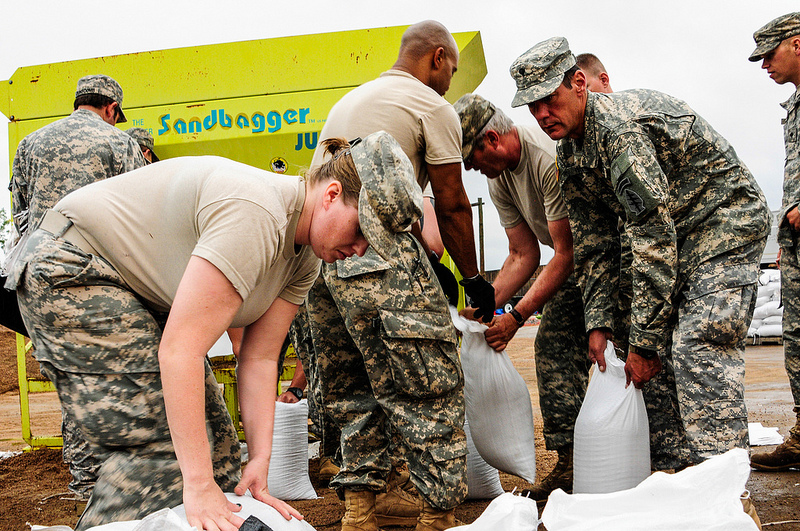 The just-released National Climate Assessment confirms that growing impacts from climate change, predicted by scientists, are already hitting the U.S. They include significant shifts in precipitation patterns, melting permafrost, longer fire seasons, severe and sustained drought especially in the Southwest, storm and erosion impacts from rising sea level, and much more. The report, released by the White House on Tuesday, looks at the difference in regional impacts. Particularly hardest hit is
The just-released National Climate Assessment confirms that growing impacts from climate change, predicted by scientists, are already hitting the U.S. They include significant shifts in precipitation patterns, melting permafrost, longer fire seasons, severe and sustained drought especially in the Southwest, storm and erosion impacts from rising sea level, and much more. The report, released by the White House on Tuesday, looks at the difference in regional impacts. Particularly hardest hit is -
 I think it’s safe to say that we all feel that cable news networks could do their global warming coverage much better and more extensively than they currently do. But how well do they actually cover the climate crisis? Last week the U.S. federal government released the National Climate Assessment (NCA). The report details the highly acute impacts of climate change, impacts that are affecting every sector of society already and will only get worse as time goes. It’s an important report, especi
I think it’s safe to say that we all feel that cable news networks could do their global warming coverage much better and more extensively than they currently do. But how well do they actually cover the climate crisis? Last week the U.S. federal government released the National Climate Assessment (NCA). The report details the highly acute impacts of climate change, impacts that are affecting every sector of society already and will only get worse as time goes. It’s an important report, especi -
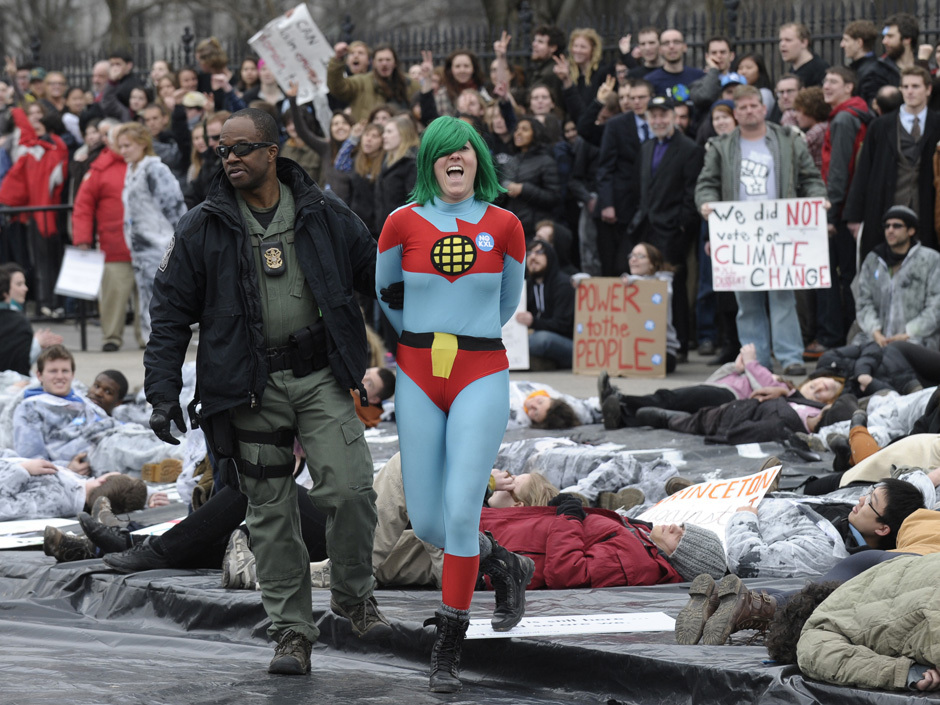 The Keystone pipeline proposal has hit a Nebraska stop sign, but it has deeper problems than right-of-way issues across the United States. After all, the controversial proposal for transporting Canada's tar sands was never just about the pipeline. Just ask the thousand students who rallied in front of the White House recently and were willing to be arrested to make their point. Frustrated and angry over a lack of political action on climate change, our Millennial Generation is not tolerating
The Keystone pipeline proposal has hit a Nebraska stop sign, but it has deeper problems than right-of-way issues across the United States. After all, the controversial proposal for transporting Canada's tar sands was never just about the pipeline. Just ask the thousand students who rallied in front of the White House recently and were willing to be arrested to make their point. Frustrated and angry over a lack of political action on climate change, our Millennial Generation is not tolerating -
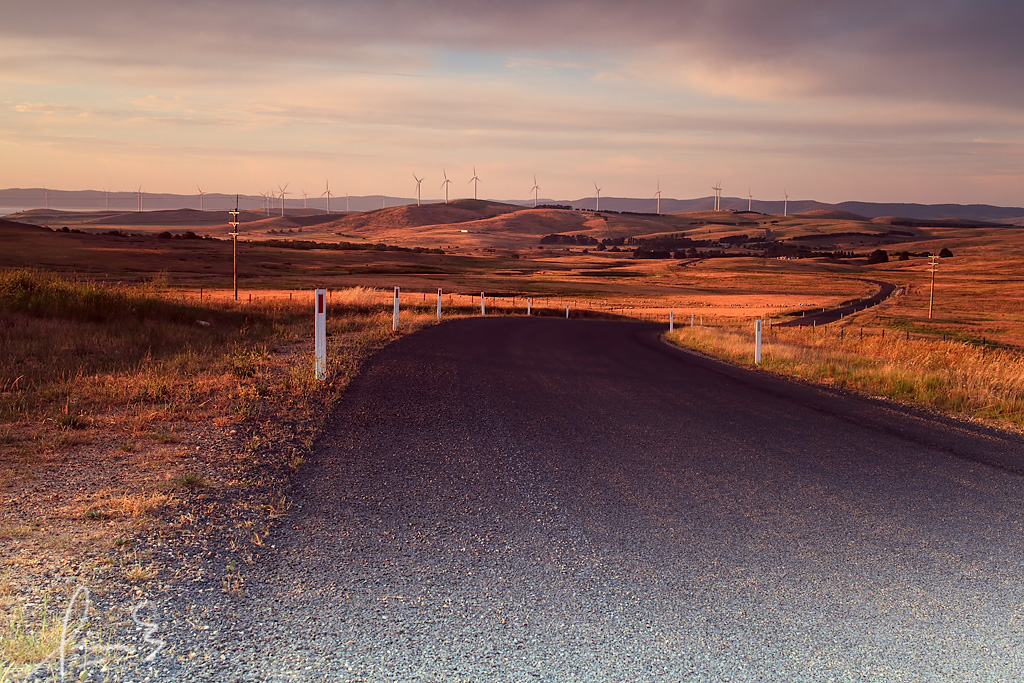 IPCC, the UN’s expert panel on climate change, released part three of their new global warming study yesterday. The new report says that the world’s current efforts to combat global warming are not sufficient if we want to avoid catastrophic climate change. If we are to keep global warming below the 2 degrees Celsius cap recommended by scientists, emissions from CO2 and other greenhouse gases must drop by 40 to 70 percent by 2050 – and drop even further to near-zero by the end of the century.
IPCC, the UN’s expert panel on climate change, released part three of their new global warming study yesterday. The new report says that the world’s current efforts to combat global warming are not sufficient if we want to avoid catastrophic climate change. If we are to keep global warming below the 2 degrees Celsius cap recommended by scientists, emissions from CO2 and other greenhouse gases must drop by 40 to 70 percent by 2050 – and drop even further to near-zero by the end of the century. -
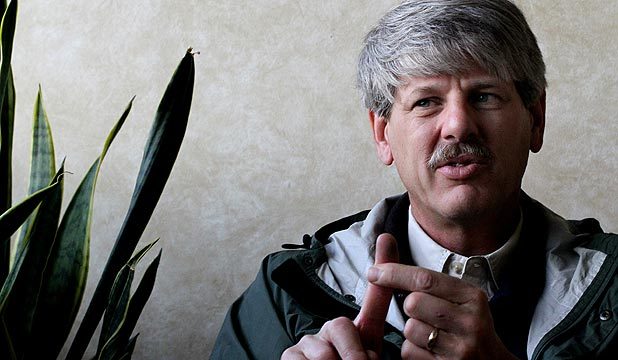 For a while, Dr. Guy McPherson, professor emeritus of natural resources and ecology & evolutionary biology at the University of Arizona, was relatively optimistic. There was a time when he believed that, if modern industrial society were to suddenly cease to operate, the planet could be saved. Not any more, he says. Planet Earth is now in hospice, nearing the end. Waiting to hear him speak, the atmosphere in the East Auditorium at the University of Rhode Island is festive, almost jubilant
For a while, Dr. Guy McPherson, professor emeritus of natural resources and ecology & evolutionary biology at the University of Arizona, was relatively optimistic. There was a time when he believed that, if modern industrial society were to suddenly cease to operate, the planet could be saved. Not any more, he says. Planet Earth is now in hospice, nearing the end. Waiting to hear him speak, the atmosphere in the East Auditorium at the University of Rhode Island is festive, almost jubilant




